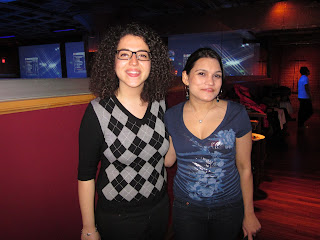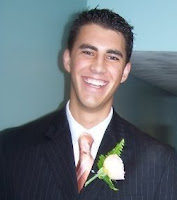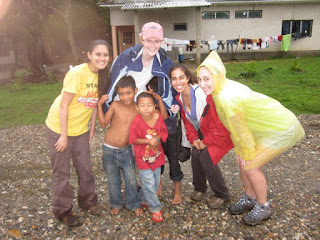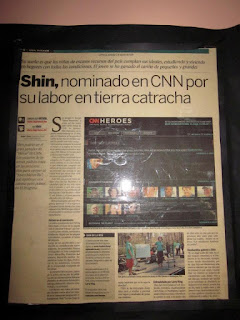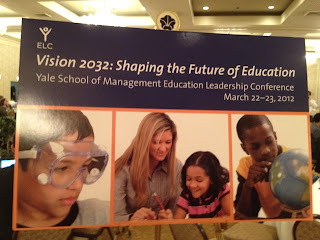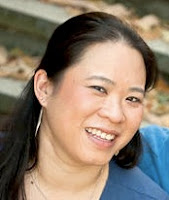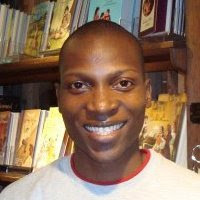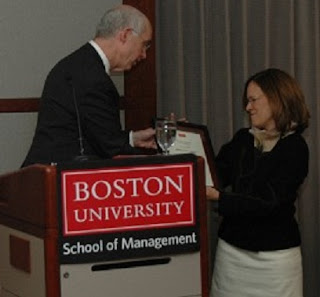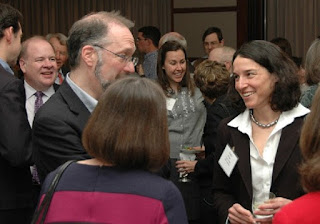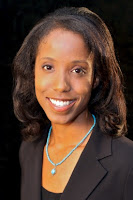A glimpse into life as a second semester MSMF student
Taylor Marge
MSMF, 2013
According to the MSMF class of 2012, the most challenging semester of the program is the second semester. So far they have been proven correct. Although this semester has been challenging, we have all learned a lot and had some fun along the way. In the MSMF Program, the normal course load (four classes) is the same every semester. There is, however, an additional and optional course offered during the second semester, Algorithmic Trading. This course is taught by Ahmad Namini, an alumnus of the program and Head of Analytics and Technology – Asia Credit Desk at Citibank Capital Markets. He was also a professor at the University of Miami (Florida) for 10 years. The class is an excellent opportunity to learn from a practitioner who also has experience as a professor. This balance of practical knowledge and teaching experience allows for an amazing learning environment in both a quantitative and qualitative context.
 |
| Math Finance students at Jillians for bowling |
 |
| Playing Pool |
Taylor Marge is a first year Math Finance student with a background in engineering. He excels at summarizing articles for co-workers and remembering inconsequential information.
Boston University Connected Me to Honduras
1. Kids have it so good in the U.S.
You don't need to travel too far to acknowledge that most children in the U.S. are living in a bubble from the rest of the world in terms of our relatively high standard of living. The Honduran children that I met were thankful for whatever food they were given, and did not fuss about much. Children were running around barefoot in muddy waters and selling beaded bracelets, not for their own piggy bank but to help their family bring food to the table. This is a whole different responsibility that children acquire at a young age in many developing countries.
One extraordinary (although ornery) 12 year-old child I met escaped a gang(which is crazy enough), but then he walked from El Progresso, Honduras almost to the border of Guatemala. That's around 40 miles! He was found by a member of SHH on the street and was brought to the newly built children's home in Villa Soleada. It's survival stories like this that make you question yourself.... and say, "Could I do that?"
3. Sometimes it's difficult to get people to work for what they want.
After reading the background story of how SHH got started in Honduras and how the town of Villa Soleada was first created I discovered that a huge challenge in trying to help communities like this is that the people in the community want a better standard of living but are not always willing to chip in manual labor. Noticing some indolence in Villa Soleada, SHH made it mandatory for all community members to contribute manual labor to the creation of the town. I admired this requirement yet was astounded that it was even necessary to declare.
In Honduras volunteers spent a lot of time commuting on a bus and working at the construction site. As a result, we spent a lot of time out in the sun and getting drenched in the rain. It felt good knowing I was there to help the community, but what really made this a fantastic experience was sharing it with the new friends that I met. (I know. I know. How much more cheesy can she get?) Honestly, I became friends with some quirky and fun people from across the U.S. and Honduras. (*ahem You wonderful people know who you are.) They were so full of life and knowledge that I couldn't help but want to keep talking and joking with them.
 Pammi Bhullar is currently an MBA student studying Public and Nonprofit Management. She is gearing up for her internship this summer with Education Pioneers. As an undergraduate at the University of Pittsburgh, Pammi earned a Bachelor of Science in Business Administration. She majored in Marketing, earned aCertificate in West European Studies, and minored in Theatre Arts;while also obtaining her Teaching English as a Foreign Language Certificate. She most recently worked as a Supervisor in the Institutional Division of The Vanguard Group.
Pammi Bhullar is currently an MBA student studying Public and Nonprofit Management. She is gearing up for her internship this summer with Education Pioneers. As an undergraduate at the University of Pittsburgh, Pammi earned a Bachelor of Science in Business Administration. She majored in Marketing, earned aCertificate in West European Studies, and minored in Theatre Arts;while also obtaining her Teaching English as a Foreign Language Certificate. She most recently worked as a Supervisor in the Institutional Division of The Vanguard Group. ![]()
Yale Education Leadership Conference 2012
Post by:
- “How Does Technology Change Outcomes for Students?” – looking at technology in the K-12 classroom beyond the simplistic model of having one laptop in the hands of every child. Alex Hernandez, partner at the Charter School Growth Fund, made the analogy of blended learning technologies to successful schools as being like the first digital camera to photographers. The current state of the tool may not be the perfect solution right now, but without looking to the future, a school could find itself in the same situation as one-time photographic icon, the Eastman Kodak Company.
- “Doing Better With Less” – discussing ways to better allocate resources in school districts. Mentioned in this panel was Education Resource Strategies’ “School Budget Hold’Em” activity, an online trade-off game that asks districts to look thoughtfully at the funding decisions that they are faced with.
- “From the Classroom to the Neighborhood: Talking about Race in Schools” –confronting a number of race issues that many educators and leaders are struggling with by using difficult and uncomfortable language to talk about where progress needs to be made. Aimée Eubanks Davis, Executive VP of People, Community, and Diversity at Teach for America, emphasized that in order for education reform leadership to “look” like the demographic of the people it is serving in 10 or 20 years, we need to get comfortable and uncomfortable talking about race as a factor in our schools.
- A heavy conversation between districts, charter schools, and Randi Weingarten, president of the largest teacher’s union in the US, the American Federation of Teachers.
- Educator and leadership concerns about implementation of Common Core standards for all students.
- Teacher feedback about what elements of a teacher dashboard are particularly important to them – key field research for my SI752 Starting New Ventures class project!
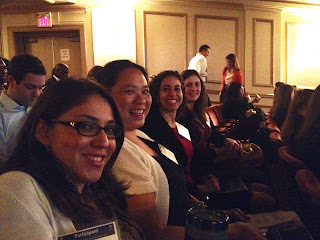 |
|||
| Me and PNP students Nancy Rosas, Pammi Bhullar, and Dana Connolly awaiting the start of the Opening Keynote |
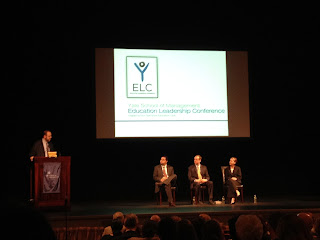 |
| Dr. John B. King (left panelist), speaking in the Opening Keynote |
![]()
The Emory Global Health Case Competition
MBA/MPH, 2012
From Monday, March 26th through Saturday April 1st, six graduate students from Boston University thought about Sri Lanka, Canadian foreign aid, and Tamils, more than they ever had before. Meg Meyer (MBA/MPH’12), Catherine Shih (MBA/MPH’13), Sunil Nair (MD/MBA’13), Daniel Silva (MED’15), Darash Desai (ENG’14), and myself formed a team that represented BU in the annual Global Health Business Case Competition at Emory. And the team’s hard work certainly paid off! We placed second and also won the “Audience Choice Award”. This was the first year that BU sent a team and we are excited that BU will continue the tradition in upcoming years.
| Daniel, myself and Sunil hard at work |
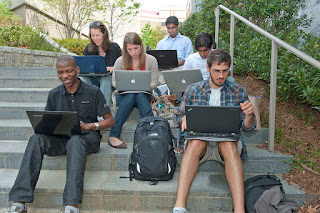 |
| We even worked through a fire drill that forced us to leave the building |
We received the case on Monday March 26th at 7pm and only had four days to prepare for the competition as it was going to be held on the morning of Saturday March 31st. The question was to “Develop a strategy for CanAID (similar to the Canadian International Development Agency or CIDA) to help Sri Lanka deal with health and resettlement issues of the marginalized Tamil population; keeping in mind resistance from the Sinhalese government due to prior accusations of war crimes and persecution." We also had to acknowledge the presence of a great many Tamil refugees currently residing in Canada and who had the potential to influence the funding decisions of CanAID.
After we received the case, we met twice to flesh out the salient issues and choose which ones we were going to address. Coordinating with six people from four different schools in different locations was quite a challenge. For example we could only all meet as a team from 9pm to 11pm. We left for Atlanta on Thursday evening and then worked on the case up until the wee hours of Saturday morning.
| We did get a chance to take a break and check out the CDC which is right down the street from Emory |
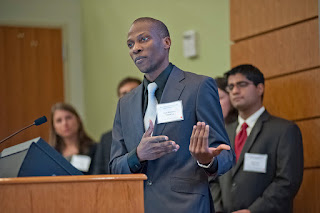 |
| During our final presentation |
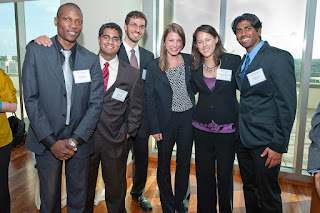 |
| At the Awards Reception |
Ivan Busulwa is an MBA/MPH student at Boston University with a concentration in Global Health Management. He graduated from Makerere University in Uganda with a BSc. in Mathematics. Prior to joining BU, Ivan worked in Uganda with USAID funded projects that promoted public-private partnerships between the Ministry of Health, non-governmental organizations, and the private sector.
![]()
Honoring Kristen McCormack: A Defining Moment
Post by:
Anya Thomas
MBA, 2012
Business school is a roller coaster ride of highs and lows, successes and failures, new experiences and drudgery, but amidst all of the hard work and excitement, I have experienced a few defining moments that make the wild extremes worth it. On Monday April 2nd I experienced one of those moments.
Around 6:45pm a hush fell over a room of 120 students, alumni, and faculty as they listened to Kristen McCormack speak. Everyone had gathered to honor Kristen McCormack’s 10-year tenure as the Faculty Director of the Public and Nonprofit Management Program (PNP). Gerry Leader described recruiting Kristen 10 years ago because the Boston University faculty desired to revitalize the PNP program. Looking around the room it was clear to see that Kristen had far exceeded their expectations. Kristen used her entrepreneurial spirit, devotion to experiential learning, connections throughout Boston and her love for people to help the PNP program thrive.
While Kristen took a few minutes to thank her mentors, peers, and students, I surveyed the faces in the room. It was so inspiring to see all the faces filled with adoration and respect, and to know that my face and heart reflected that same sentiment. I knew that there was such a high level of loyalty and devotion in the room because Kristen had modeled the way by spending countless hours recruiting, mentoring, challenging, and encouraging us.
Once the formal part of the program ended, guests stayed for another two hours, networking, chatting and enjoying a reunion of like-hearted people. As I left I reflected on Kristen’s strengths. She is definitely a strong and visionary leader, but perhaps her biggest strength is empowering others to dream big, try new things, and to never give up on making a difference.


